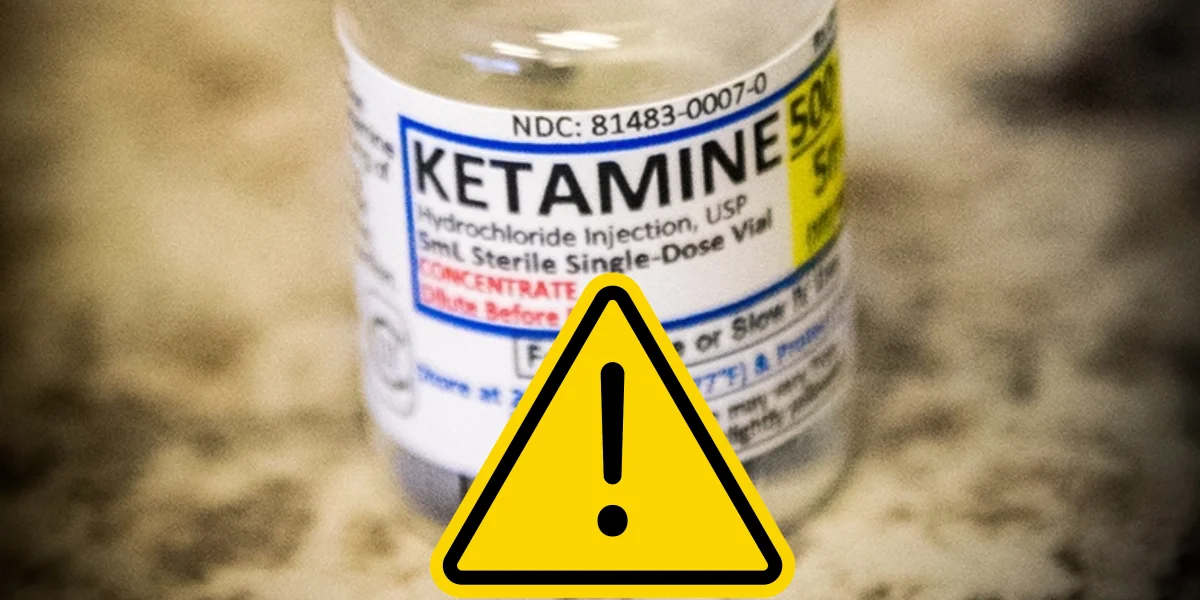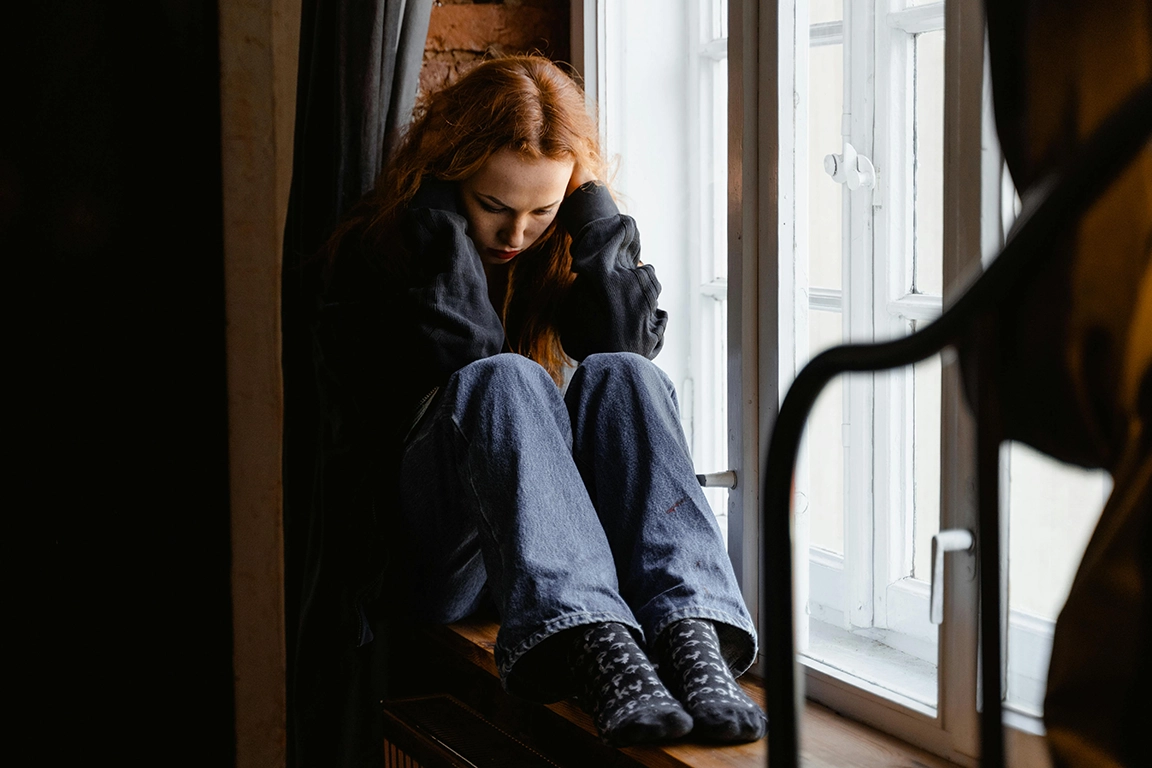Suicidal ideation (SI) means wanting to take one’s own life or thinking about suicide. SI is a general term encompassing the consideration, desire and preoccupation with death and suicide. This is classified in to two categories of SI: active and passive. Active SI involves not only the thoughts or intents to commit suicide, but also includes a plan of how to carry it out. Passive SI involves thoughts and wishes of death or suicide, but the person doesn’t have a plan to carry it out.
If you are reading this and are having suicidal ideation, there are people out there to help. The National Suicide Prevention Lifeline can be reached 24 hours per day at 1-800-273-8255.
What are the symptoms of suicidal ideation?
Symptoms or signs that someone is thinking about suicide may include:
- Feelings of hopelessness
- Feeling trapped
- Talking about being a burden
- Talking about death and/or suicide
- Increasing substance use/abuse
- Withdrawing or feeling isolated
- Gaining access to medication or firearms
- Increased anger, rage, irritability, and mood swings
- Engaging in risk-taking behavior
- Acting anxious, agitated, or reckless
- Sleeping too little or too much
- Giving away possessions
- Acting as if they’re saying goodbye
How is suicidal ideation treated at Hoosier Ketamine?
At Hoosier Ketamine, we offer innovative and cutting-edge treatments for suicidal ideation. Our Hoosier Ketamine providers work together with mental health professionals to create a customized plan that treats the whole person and is designed to help individuals become happier and healthier. Since our infusions are intended to work as a supplement to other mental health treatments, we ask that all our patients be under the care of a licensed mental health provider.
Our practice uses Ketamine Infusion Therapy, a new and highly effective treatment for suicidal ideation. Studies have found that patients with suicidal ideations respond well to the production of glutamate, which helps to repair damaged brain connections to create positive thoughts and behaviors. Results can be seen much more rapidly, sometimes within hours, when compared with standard treatments. During an infusion, Hoosier Ketamine providers Kerri Pritchard & Josh Retz administer a customized dose of ketamine to stimulate the production of glutamate and ease symptoms. Initial treatment typically consists of six infusions administered over the course of 2-3 weeks. After completing the first series of infusions, some people can remain symptom-free for several months. Follow-up maintenance infusions are individualized to the patient and scheduled as needed.



